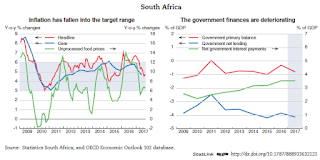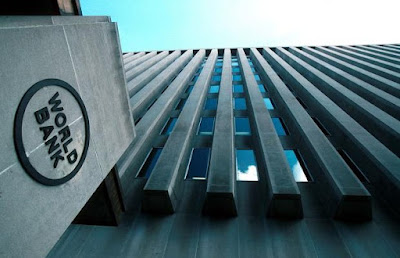Johannesburg, 23 November 2017 – Globally mobile
individuals, also known as expatriates or ‘expats’, who choose to live
and work in South Africa, cite the adventure (74%), a better quality of
life (72%), or to gain international experience (67%) as their reasons
for accepting assignments in the country. These reasons are likely to be
similar for expats living and working throughout Africa, given the
continent’s rapidly evolving markets and abundant natural beauty.
This is according to the 2017 Cigna 360° Well-being Survey, which
looks at the health, well-being, and sense of security among 2 000
expats living in 20 markets across five continents.
Expats around the world, including those working in South Africa,
share a high level of concern about the quality of medical care
available in the countries they are in. With this in mind, more than
half of these individuals consider medical insurance coverage to be a
very important factor when considering a move overseas.
Perceptions of physical, financial, social, family and work health
among expats were also examined and compared with all working people in
the 2017 survey.
“Our 360° Well-being Survey captures the sentiments of an expat
environment that is rapidly evolving. Overseas assignments are becoming
shorter – a decade ago, going overseas typically meant a three or
four-year relocation, but assignments today can be for less than 12
months,” explains Gilles Nyssens, Business Development Director Africa
at Cigna.
“Some expats do not relocate at all—instead working on project-based
assignments and even commuting via extended business trips has become
common, allowing organisations to access global talent when relocation
is not possible.”
South Africa-based expats mostly feel that the change has been worth
it, with 68% reported being satisfied or completely satisfied with their
move, and 67% satisfied or completely satisfied with their career
prospects.
Given the variety of working conditions, state of infrastructure and
access to resources in the rest of Africa, employers are likely to face
tough challenges to satisfy expats operating in other African
jurisdictions.
The survey also revealed that while 89% of South African-based expats
have excellent or very good relationships with co-workers, 77%
experience the same with supervisors. While these percentages are higher
in South Africa than in other countries, this will probably be the case
throughout Africa, considering the warmth, engagement and hospitality
of most of Africa’s peoples.
However, only 37% of expats in South Africa are satisfied with the
country’s economic outlook, compared to the 63% worldwide, and they too
are concerned about the country’s economic woes. This leads to higher
levels of insecurity, concerns about financial health and lower
perceptions about their ability to take care of their family’s health
and well-being.
While the economic outlook varies from country to country in Africa,
levels of insecurity and concerns about financial health may well be at
similar levels for expats across the continent. This could be one of the
most significant human capital challenges for organisations that depend
on expat talent and that believe in nurturing this talent.
Expats generally have a lower perception of the state of their
personal health and wellness than the overall working population,
remaining concerned about the financial implications of falling ill.
With the significant healthcare infrastructure and delivery
challenges faced in the rest of Africa, it would be understandable if
this concern was acute for expats deployed in such countries.
These findings come as no surprise at a time where there is
increasing pressure on corporations and NGOs around the world to
demonstrate adequate “duty of care” when it comes to employees,
including expats. More than a quarter (27%) of global expats, and 38% of
expats in South Africa, feel subject to an insufficient duty of care,
which places an onus on employers to take all reasonable possible steps
to ensure the health, well-being and safety of their employees.
This percentage is expected to be higher for other African countries,
where access to medical care is much more limited than in South Africa.
“The message is clear among expats – health and well-being are as
much a priority as job opportunities, security and salary,” says
Nyssens. “For organisations employing expats anywhere in sub-Saharan
Africa, an extrapolation of the survey’s results may provide a roadmap
for increasing the retention of this increasingly important employee
segment.”
“For organisations that understand that expat talent deployed into
African markets is more than a commodity, engaging the hopes and fears
of this globally mobile employee segment is important. However,
providing solutions to dilemmas faced by those building careers on this
vast-continent, is equally important. Having a great health plan
represents a fine start,” says Nyssens.
Hollard Cigna Health believes that the message will be similar, if
not stronger and louder, within the rest of sub-Saharan Africa. Its
product suite provides a fully compliant health insurance solution for
the region, providing local management, regional expatriates and
globally mobile staff easy access to the finest quality health care
available in modern Africa and beyond.









